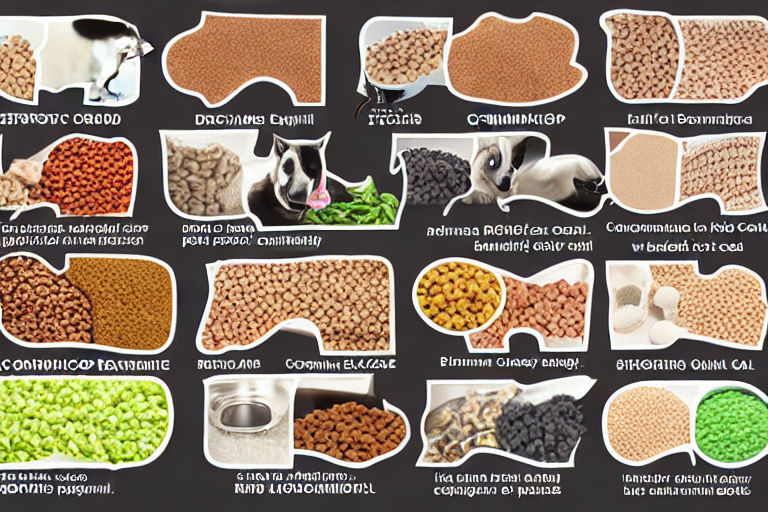Commercial Dog Food: Separating Facts from Fiction
Dog food has come under scrutiny in recent years. Some critics claim that commercial dog food is full of low-quality ingredients and potentially harmful chemicals. With all these claims, it's easy to lose track of the facts. This article aims to separate the facts from the fiction when it comes to commercial dog food.
Myth: Commercial Dog Food Contains Only Low-Quality Ingredients
One of the biggest myths about commercial dog food is that it contains only low-quality ingredients. While it's true that some cheap dog food brands contain low-quality ingredients, this is not the case for all commercial dog food.
Commercial dog food brands often conduct extensive quality control testing to ensure their products contain only high-quality ingredients. These brands also use real meat as the primary ingredient, which ensures that your furry friend is getting the essential nutrients they require.
However, it's important to note that not all meat-based products provide the same nutritional value. Choosing a high-quality dog food brand can make all the difference in your dog's health.
Fact: Commercial Dog Food is Regulated by Government Agencies
Many people are surprised to learn that commercial dog food is regulated by government agencies, such as the Food and Drug Administration (FDA) and the Association of American Feed Control Officials (AAFCO).
These agencies have strict standards and regulations that commercial dog food brands must meet. This oversight ensures that commercial dog food is free of harmful chemicals, pathogens, and other contaminants.
It's essential to choose dog food brands that comply with these standards to ensure that your furry friend stays healthy and safe.
Myth: Homemade Dog Food is Better Than Commercial Dog Food
While homemade dog food may be a good option for some dogs, it's not always the best choice. Homemade dog food requires a lot of work and research to ensure your dog is getting all the nutrients they need.
Commercial dog food brands, on the other hand, have the resources and expertise to create nutritionally balanced dog food that meets your dog's dietary needs. These brands also conduct extensive research and testing to ensure their products are safe and effective.
It's also worth noting that homemade dog food is not always cost-effective. In some cases, it may be more expensive to create homemade dog food than to purchase commercial dog food.
Fact: Some Dog Breeds Require Specific Dietary Needs
Some dog breeds require specific dietary needs based on their size, age, and health conditions. For example, small breeds may require a higher calorie diet to maintain their energy levels, while larger breeds may need a diet that supports their joint health.
Commercial dog food brands often create specialized dog food formulas to meet these specific dietary needs. These formulas can help to improve your furry friend's health and wellbeing.
It's important to consult with a veterinarian to determine your dog's specific dietary needs and choose a dog food brand that meets those needs.
In conclusion, commercial dog food is a safe and nutritious option for your furry friend's dietary needs. By separating the facts from the fiction, you can make an informed decision when it comes to choosing the right dog food brand. Be sure to choose a high-quality brand and consult with a veterinarian to ensure your dog is getting all the nutrients they need to stay healthy and happy.



